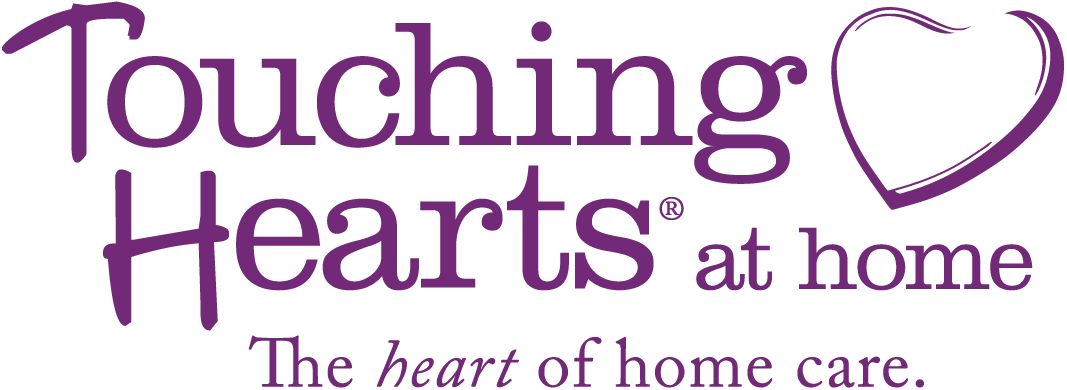At CareAcademy, our team members are passionate about making a difference in the lives of caregivers and […]
Kevin Smith, CEO of Best of Care, played a critical role in expanding Best of Care’s geographic reach. He oversaw Best of Care’s 2013 acquisition of Boston-based Independence Home Care and 2014 acquisition of Westwood-based Access Home Care. To serve clients and their families on the Cape, in 2015 Kevin opened a Best of Care office in Dennis.
CareAcademy interviewed Kevin to learn about his top tips and strategies for increasing caregiver retention at his agency, allowing him to grow and expand his business!
Here were some key takeaways from what we learned (to listen to the full replay, click here):
#1 Reduce Travel Time
- Get a map of your service area and put it on the wall
- Place red pins over your clients homes and your caregivers' homes
- Optimize for travel times between caregivers and clients
- Recruit caregivers who live near clients
- Call out specific zip codes and neighborhoods in your job ads
#2 Get New Hires Matched With Clients Immediately
- Make sure caregivers connect with their scheduler during orientation
- Have clients lined up so caregivers can start right after orientation
- Understand caregivers will not wait around for work
#3 Develop Training Partnerships
- Reach out to vocational schools and community colleges who offer CNA or HHA certifications
- Offer “guaranteed employment” - hiring anyone who completes the program
- Hire the students a month before they graduate and run them through orientation before graduation. Match them with a companion care client immediately and higher acuity clients later.
#4 Upskill Caregivers
- Make sure caregivers are comfortable with the care they will be providing
- Identify top performers amongst your homemaker pool and upskill them to HHAs
- Use CareAcademy to deliver condition specific training based on the client’s needs
- Find out what caregivers want to learn. For example, they may want to become dementia care specialists because their mom has dementia.
#5 Leverage Technology
- Can your application be completed easily on a phone? Increase accessibility to the application as much as possible.
- Use video chat to help everyone feel more connected
- Apple Facetime or Facebook Video Chat
- Use CareAcademy to deliver on-demand training, so you can expand beyond your local geographic location
#6 Make Onboarding Quick and Easy
- Use e-sign so caregivers can review and sign documents before orientation
- Be mindful of everyone's time - design your process to minimize back and forth communication
- Ensure caregivers feel supported by assigning them a supervisor and a peer-mentor (a more experienced aide)
#7 Tips for Office Staff
- Make sure office team understands the caregivers challenges and frustrations
- Teach office staff how to build rapport and personal connection with caregivers
- Teach office staff how to recognize caregivers for doing a good job
- Teach office staff how to stay positive when difficult situations arise
- Identify bi-lingual caregivers who could be promoted to office staff
*Bonus Tips*
- Understand that if you are not offering 40 hours of work every week, that caregiver is working somewhere else.
- Understand that you cannot count on the client or client’s family to recognize the caregiver for a job well done. That’s your job as an employer.
- Understand the situation you are asking your caregiver to work in… is the client living in the guest bedroom of their adult child’s house? Does the client have behavioral challenges? What is the condition of the premise? Can your caregiver handle it?
- Review your caregiver training strategy. How much time is your office staff spending on training vs recruiting & retention? How can you free up office staff’s time to focus on recruiting & retention?
- Review your communication strategy. How frequently do you communicate with caregivers? How do the caregivers feel? Do you need to have bi-lingual office staff so caregivers feel more comfortable with their supervisor?
- Ensure your on-call system is working. A quick response is critical. Caregivers do not want to be left wondering if they are going to have work or not.
- Ensure caregivers concerns are heard and that they feel appreciated. Caregivers need to know they are doing a good job. For every disciplinary action there should be 5 times as much recognition.
- Recognize caregivers every way you can:
- Specialty job titles based on length of employment
- Have business cards made (put your office contact info on the card)
- Celebrate milestones (3 months, 6 months, one year, two year work anniversary)
- Don’t forget their birthday. Give them a gift that is surprising and meaningful.
- Call each caregiver and thank them from time to time. Leave a nice message if they don’t answer.
- Have office team write and send thank you cards to your caregivers. Have everyone in the office sign it.






